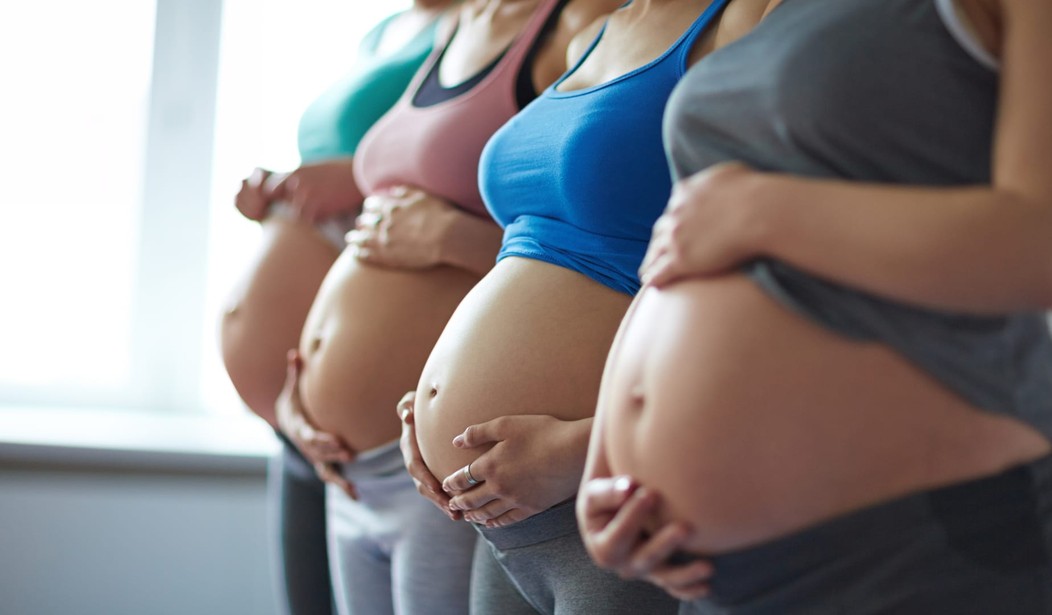The scourge of political correctness has led to the advent of little word games that seek to avoid offense but wind up sounding ridiculous (and, in some cases, making our language nothing short of boring). I found a list of suggestions for politically correct terminology for business use, and they would be downright hilarious if they weren’t totally serious.
For instance, don’t use the term “flip chart”; instead use “easel,” so that you don’t offend Filipinos. A “manhole” is now merely a “utility hole,” as if women everywhere are protesting about what to call the entry to the underground. Instead of saying that your kids acted “like wild Indians,” say they were “out of control.” Rather than say that someone has “no culture,” refer to them as “lacking European culture.” (The best one? In lieu of “Don’t go postal,” the author suggests that there is, “no alternative; someone in your audience may have relatives who are postal workers.” Seriously.)
The transgender movement has made the political correctness of the past seem tame by comparison. Now we have to remember dozens of genders and Lord-knows-how-many pronouns to avoid offending 0.6% of the population. The British Medical Association (BMA) has made some suggestions on what politically correct terms to use to describe pregnant women. From the Evening Standard:
Pregnant women should not be called “expectant mothers” over fears it could upset transgender people, it was claimed.
The British Medical Association has urged for them to be known as “pregnant people” so it can include intersex or transgender men.
The advice was published in a BMA internal leaflet entitled “A guide to effective communication: inclusive language in the workplace”.
It suggests “the elderly” should be referred to as “older people”, “disabled lifts” as “accessible lifts” and someone who is “biologically male or female” known as “assigned male or female”.
In the guide’s pregnancy section, it states: “Gender inequality is reflected in traditional ideas about the roles of women and men. Though they have shifted over time, the assumptions and stereotypes that underpin those ideas are often deeply rooted.
“A large majority of people that have been pregnant or have given birth identify as women. We can include intersex men and transmen who may get pregnant by saying ‘pregnant people’ instead of ‘expectant mothers’”.
You read that right. A reputable medical board in a major country now recommends that we refrain from calling the only ones who have the equipment to birth a baby “women.” They’re just “people.” (Although this action should please feminists everywhere, women aren’t second class citizens—they’re people too!)
The BMA did backtrack a little and say that the organization’s handout wasn’t meant to serve as a suggestion for which terminology doctors should use:
A BMA spokesman said: “This is a guide for BMA staff and representatives aimed at promoting an inclusive workplace at the BMA.
“It is not workplace guidance for doctors which is clear from the fact it does not refer to patients.”
Of course, that didn’t stop one member of Parliament from weighing in and telling the Standard, “If you can’t call a pregnant woman an expectant mother, then what is the world coming to?” He’s on to something there, and it’s a question we should keep asking time and time again.
I can’t help but imagine that a woman (sorry) person who wants to become a man (dang it, I did it again) person of the opposite gender but still wants to have a baby should be man enough to forgive being called a woman once in a while. Or is it too much to ask to not have to stoop to playing silly word games?
Must we turn everything into a bland euphemism just to make sure we don’t offend a handful of people? How far do we have to go down this Orwellian road that drains our language of anything interesting in the name of “inclusion”? If we keep going down paths like these, the tyranny of the minority has truly taken over all of us.










Join the conversation as a VIP Member